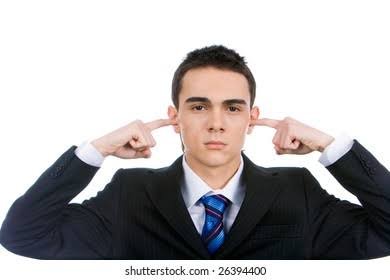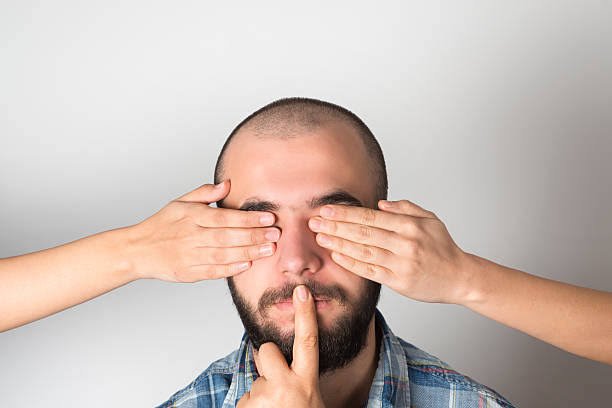
https://matadornetwork.com/notebook/traveling-while-black-mistaken-for-prostitute/
Prostitution, pride, unfriendliness, and the inability to have a long conversation with someone are common features of human behavior that are ripe for misconceptions and misunderstandings. These are all complex and often unfairly stigmatized aspects of human experience. Let's take a closer look at these misconceptions and explore the truth behind them.
Prostitution is often misunderstood as a simple exchange of money for sex, but in reality, it is a multifaceted issue that encompasses a wide range of experiences and complexities. For many people, the image of prostitution is colored by sensationalized media portrayals or outdated stereotypes. The reality is that many individuals who engage in sex work do so out of necessity, not choice. Economic inequality, lack of social safety nets, and limited job opportunities can all contribute to a person's decision to engage in sex work. It's important to recognize that the circumstances that lead individuals to engage in sex work are often deeply entrenched in systemic issues such as poverty, lack of access to education, and limited economic opportunities. Viewing sex work through a lens of compassion and understanding, rather than judgment and stigma, is crucial in addressing the complex realities of this issue.
Meanwhile some people get mistaken for a prostitute. There are a few reasons why innocent people may be mistaken as a prostitute:
1. Clothing and appearance: Sometimes, people make assumptions based on the way someone is dressed or their physical appearance. This can lead to mistaken assumptions about a person's occupation or lifestyle.
2. Stereotypes: Society often has stereotypes about what a prostitute looks like or how they behave. These stereotypes can lead to innocent people being unfairly judged or mistaken for a prostitute.
3. Location: In some areas, there may be more prevalent prostitution activity, leading to assumptions being made about people who are simply in the wrong place at the wrong time.
4. Behavior: Sometimes, innocent people may be mistaken for a prostitute based on their behavior or interactions with others. This misunderstanding can happen due to cultural differences, miscommunication, or simple misinterpretation of someone's actions.
It's important to remember that assuming someone's occupation or lifestyle based on their appearance or behavior can be hurtful and unfair. It's always best to approach others with an open mind and without making assumptions about their character.

Pride is another aspect of human behavior that is often misunderstood. While pride can be seen as a negative trait, it can also be a source of strength and resilience. It's important to recognize that pride is a fundamental aspect of human identity and can serve as a source of empowerment and self-worth. Pride in one's accomplishments, identity, and heritage can be a powerful force for positive social change. It's crucial to challenge stereotypes and misconceptions about pride and recognize the value of celebrating one's individual and collective achievements.
Unfriendliness is a behavior that is often misinterpreted and judged harshly. It's easy to jump to conclusions and assume that someone who appears unfriendly is unapproachable or unkind. However, it's important to recognize that unfriendliness is often a response to a variety of factors, such as shyness, social anxiety, or personal boundaries. It's crucial to approach others with empathy and understanding, rather than assuming the worst. It's important to recognize that everyone has their own unique experiences and challenges, and that unfriendliness is often a defense mechanism rather than a reflection of a person's true character.
The inability to have a long conversation with someone is another aspect of human behavior that is frequently misunderstood. In a world that values constant connection and communication, it's easy to assume that everyone should be able to engage in lengthy and meaningful conversations. However, it's important to recognize that not everyone is comfortable or skilled in the art of conversation. Introversion, social anxiety, and communication challenges can all contribute to a person's difficulty in engaging in lengthy conversations. It's crucial to approach others with empathy and understanding, rather than judgment or impatience. Recognizing and respecting individual differences in communication styles is essential in fostering meaningful and respectful relationships.
In conclusion, it's important to challenge misconceptions and misunderstandings about complex aspects of human behavior such as prostitution, pride, unfriendliness, and conversation. Viewing these behaviors through a lens of empathy and understanding, rather than judgment and stigma, is crucial in fostering a more compassionate and inclusive society. By recognizing and celebrating the diversity of human experiences, we can create a world where everyone feels valued, understood, and respected.


